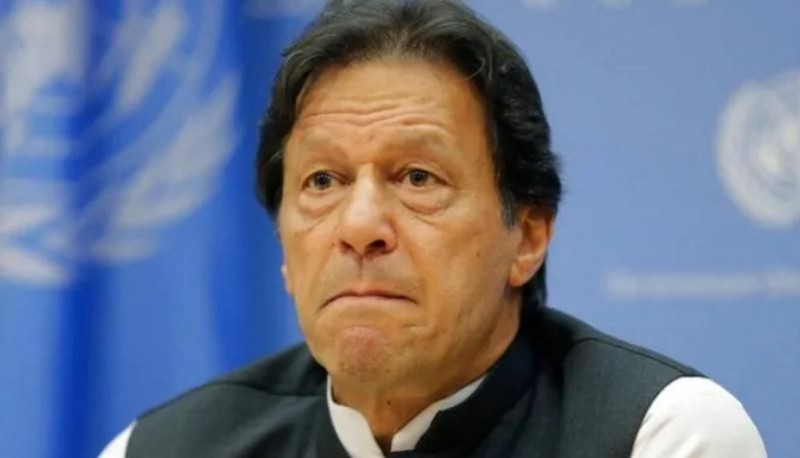
Islamabad: Pakistan had convened a meeting of the Islamic Cooperation Organisation (OIC) on Sunday and a total of 57 Muslim leaders were sent to Nyota. But only leaders of 20 countries attended the meeting convened by Pak. In addition, some other countries brought only their ambassadors to the meeting. Pak PM Imran Khan has been engulfed in his own country and his foreign policy is being questioned. In fact, it was only on December 19 that India also convened a meeting of 5 countries on the Afghan crisis. The meeting was attended by foreign ministers from Uzbekistan, Tajikistan, Kazakhstan, Turkmenistan and Kyrgyzstan. All these 5 Islamic countries border Afghanistan and the role of these countries is considered very important to control the situation in this troubled country.
While separate meetings were going on in Islamabad and New Delhi on Sunday, foreign policy experts say India's strategy has dealt a major blow to Pakistan. In fact, Pakistan has been working with Turkey and Malaysia for the past several years to establish the leadership of Islamic countries. But the arrival of only the leaders of 20 countries was nothing short of a shock for him. Not only that, leaders of 5 of those 57 Muslim countries were present at the Delhi meeting. The arrival of leaders of Islamic countries in Delhi inplace of Islamabad raises questions about Pakistan's status in the world.
The OIC meeting has agreed to set up trust funds to provide humanitarian assistance to Afghanistan. Not only that, Pakistan PM Imran Khan once again linked the Kashmir issue to Islam and urged the member states to unite. However, there was no statement from any other country on this also. Addressing the meeting, the Pak PM said, "The people of Palestine and Kashmir want a united response from the Islamic world. Imran said the Islamic Cooperation Organisation should unite to inform the world about the teachings of Islam.
Finland's economy strong regardless of pandemic: Eco Survey
Moon Jae-in urges readiness over Omicron spread.
World must pull together to ‘end Covid pandemic’ in 2022: WHO chief